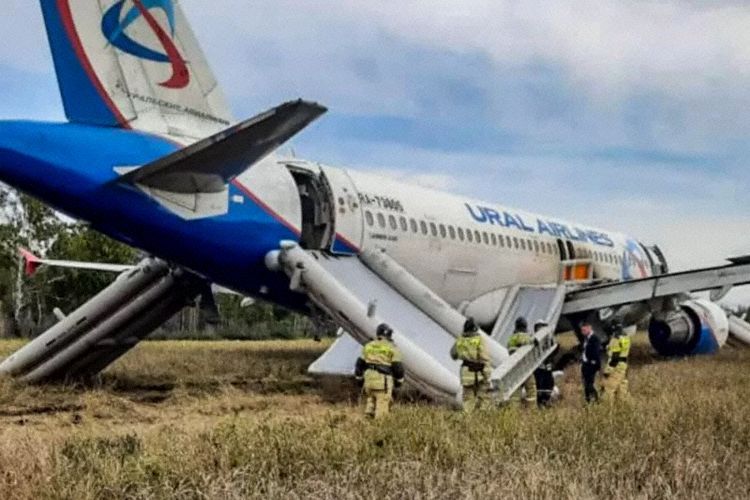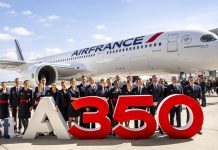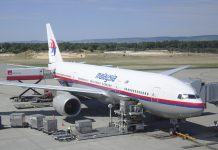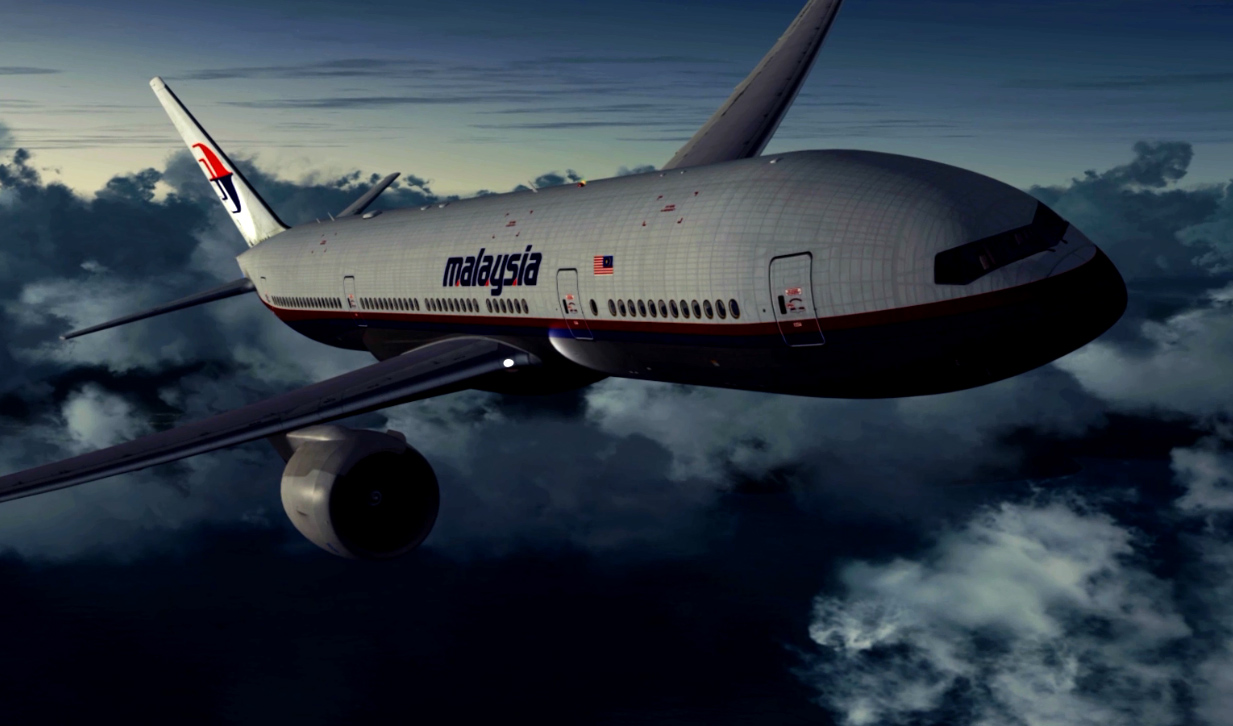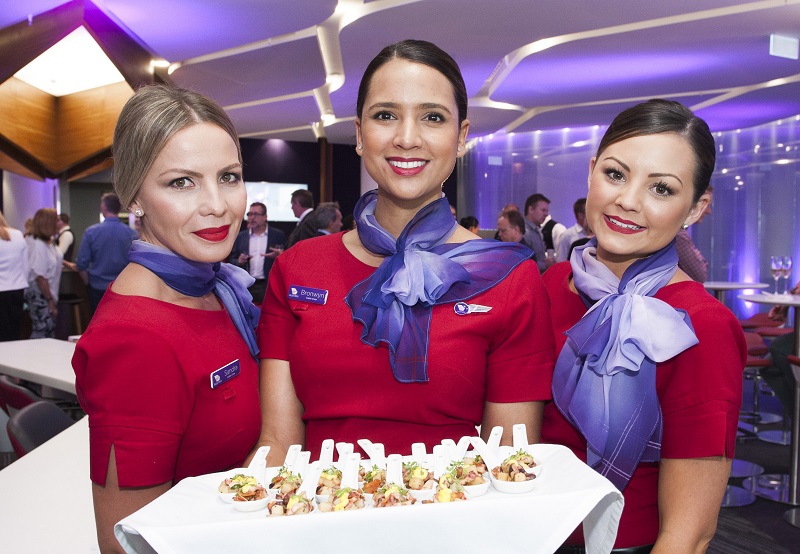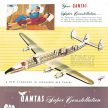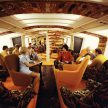A wildcard in the race for Virgin Australia is the Forrest family’s Tattarang Pty Ltd investment arm, according to local financial sources.
While New York-based group, Cyrus Capital Partners, which has long been a financial partner of Sir Richard Branson’s Virgin airline brands, has emerged as one of the likely winners of the second round of bidding, all the overseas bidders are in talks with Tattarang to partner in the rescue of the embattled airline.
“The overseas-based bidders are keen for a major local investor,” one source said.
Cathay Pacific Airways’ COVID-19 roadmap for passengers
There could be as many as five bids lodged today with a shortlist of two announced Monday.
Bidders are potentially Cyrus Capital Partners, Bain Capital, BGH Capital, Indigo Partners and possibly Canadian investor Brookfield Asset Management.
That Canadian company has a major stake in Oakfield Capital Management, which is apparently part of the Indigo Partners’ bid.
One of the major criteria for administrators Deloitte is the retention of staff and Cyrus’s bid is built around keeping as much of the airline intact as possible.
Under its plan, the airline would keep most of its 75 Boeing 737s for domestic routes and its Boeing 777 international fleet but most of the other types would go.
One of its goals is to replace the 777s with a fleet of more fuel-efficient and flexible 787s identical to the ones that Qantas uses to fly the Perth to London non-stop route.
Vaughan Strawbridge, lead administrator and Deloitte Restructuring Services partner said that “the competitive tension that has resulted from the process conducted to date confirms that all the parties have a genuine interest in the future of Virgin Australia, and see real value in the business, despite the uncertainty about when travel restrictions will be lifted”.
“They are a strong group of well-funded parties, and they are also parties with significant aviation experience.”
According to Warren Staples, senior lecturer in the School of Management at RMIT University, the bids are rumoured to be in the $3.5 to $4 billion range.
Mr Staples says that in the face of a coronavirus-decimated global aviation industry, the bidders have pitched much smaller operations than the 130 planes Virgin Australia had flying.
“There seems to be consensus around a more pared-back strategy, and this will result in some pain for current Virgin employees,” he said.
“One bidder, BGH, appears to have pitched a small start-up fleet of 15 operational planes but seems to have largely aspirational goals about where that can grow to.”
Mr Staples warns that “regardless of who is ultimately successful, this is likely to mean that regions and tourism are going to be hit hard, and this reboot will not be a serious competitor for Qantas”.
He suggests that while Melbourne-based BGH has been relatively quiet “they continue to look a likely finalist”.
Other sources tell WestBusiness the bidders have radically different plans for Virgin Australia.
They suggest BGH wants a bare-bones airline, Indigo a budget airline and Bain favouring a mid-market operation.
However, decimating the airline, or taking it downmarket to compete with Jetstar would seem pointless and it would be cheaper to start a greenfield airline.
The value in Virgin Australia is its staff who are amongst the world’s best airline staff and its Velocity frequent flyer program with its more than 10 million members.
Those Velocity members are smitten with the full-service proposition and would reject a bottom of the market model.
Australians have already rejected Virgin’s low-cost Tigerair which was in its death throes well before COVID-19 struck.


